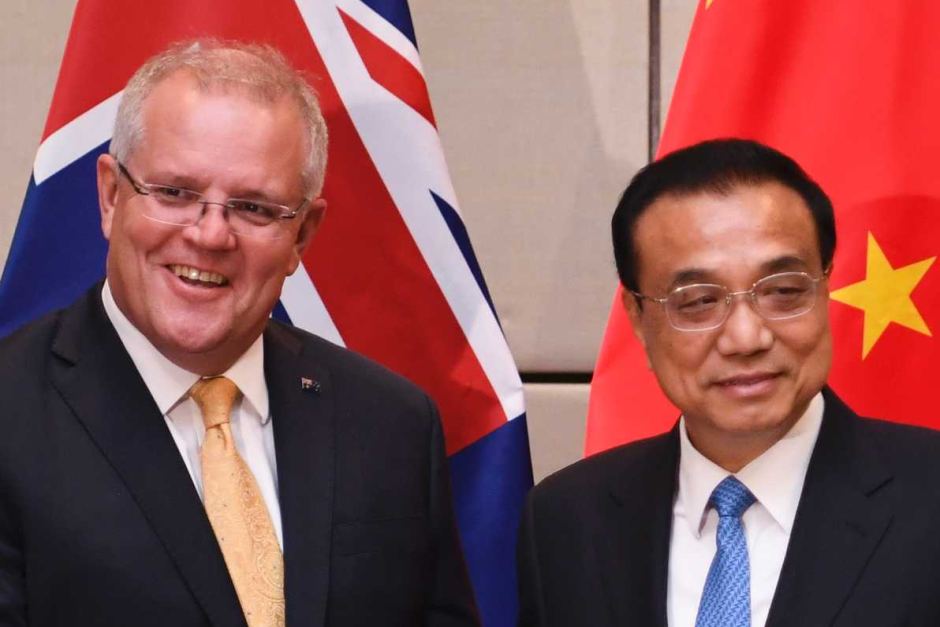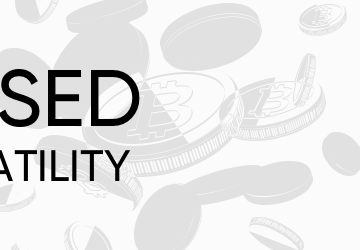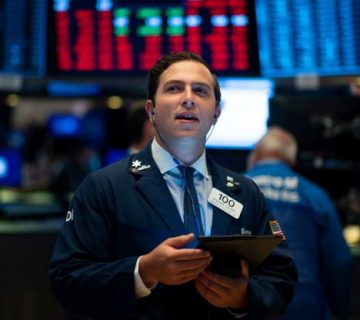Leaders of 15 Asia-Pacific nations have agreed to terms on the world’s largest trade deal, pressing ahead with the pact even though India refused to join.
The Regional Comprehensive Economic Partnership (RCEP) was to be a deal with the 10 South-East Asian members of the ASEAN alliance, and Japan, China, South Korea, New Zealand, Australia and India.
But in battling domestic concerns the RCEP would undermine an already-faltering economy, Indian Prime Minister Narendra Modi held out on joining others at the East Asia Summit in agreeing to terms.
With India in the deal, the RCEP would have covered 32 per cent of the global economy, and half the world’s population. Without India, it covers about 29 per cent of the global economy.
Australia already has individual trade agreements with ASEAN and a number of other countries in the deal, but this pact formalises trade rules across the 15 countries and gives better access to those markets beyond what the original deals allow.
“We have been through this sort of process with big trade agreements before in relation to the Trans-Pacific Partnership,” Trade Minister Simon Birmingham said before the announcement.
“Of course, we had hoped and expected the United States to be part of that. The door in the TPP remains firmly open to the US.
“We want India to be a partner here as well but we have to make sure that progress is realised amongst the 15 nations who are there without India.”
Mr Modi has faced domestic pressure to avoid the deal, amid fears it would undermine India’s manufacturing industry.
His country already has a $60 billion trade deficit with China and there are concerns lowering tariffs, and allowing the flow of cheap Chinese products into India, would further increase that deficit.
India’s farm sector is also concerned it could suffer under any deal that allows for greater imports of agricultural products.
The leaders signing up to the RCEP are leaving the door open to India to join the pact in the future, if the country is able to agree to terms.
It is now likely the RCEP will be formally signed sometime next year.
The Federal Government said Australian firms working in health care, education and professional services, such as law and accounting firms, would benefit under the new deal.
Prime Minister Scott Morrison met with his Indian counterpart earlier, and spoke of the strong ties between the two nations.
India is one country Australia does not have a separate trade deal with, and had hoped to secure some access to under RCEP.
Mr Morrison is due to visit India in the coming months.
Source: ABC NEWS








